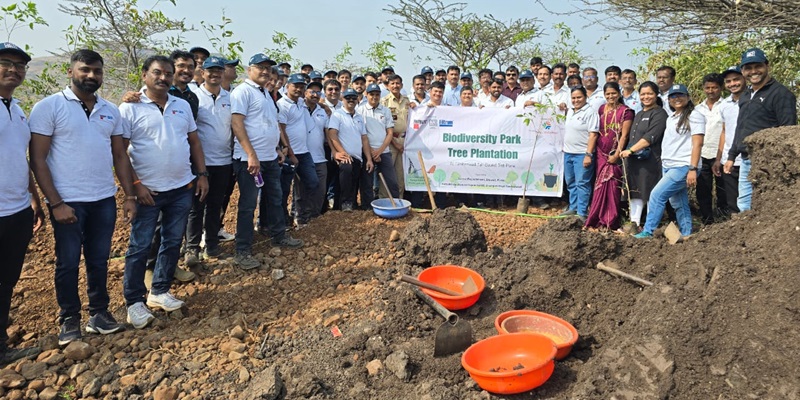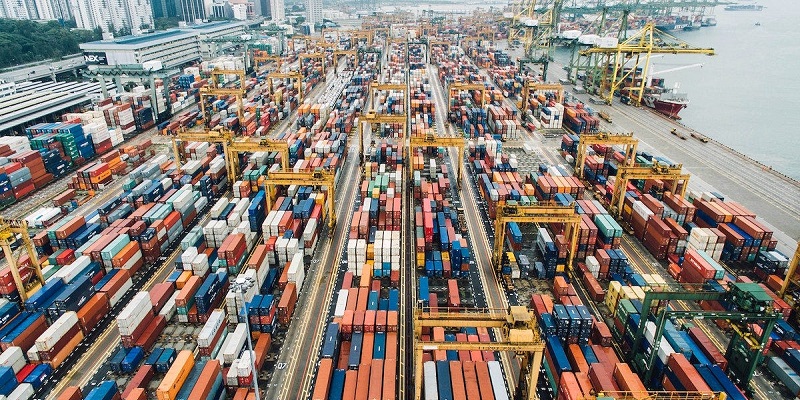Schedule a Call Back
Pumps & Valves: Surviving the Slowdown
 Technical Articles
Technical Articles- Aug 04,14
Despite the slowdown scenario in India, the pumps and valves industry managed to sustain in the market. Further, the industry aims to expand with new products enriched with advanced features.

The recent slowdown in the construction and infrastructure sector, and delays in capacity addition in power segment, had a negative impact on both the pumps and valves industry in terms of demand. But compared to other sectors, this segment was a bit stable. The major reason was the increasing demand from the international market, especially for valves. In the coming years, the industry expects most of the projects like water and water treatment, oil and gas, power, metals and mining, pipeline projects, pharmaceutical industry, etc., to take a positive turn, which will further create huge scope for the pumps and valves industry.
The current market size in India for the pumps industry is around Rs 7,000 crore, with a compounded annual growth rate (CAGR) of about 18-20 per cent over the next five years. Whereas globally, according to analysis from Frost & Sullivan, the pumps market is expected to reach Rs 112,504.4 million by 2018. The market size of valves is around Rs 10,000 crore. Globally, the market for valves is US $62 billion with North America and West Europe as the largest markets. The industry is expected to reach US$ 75 billion by 2017.
Advancements and innovations in technology, as well as energy efficient products in the Indian market will be the core of every business, and the same will be the scenario in the pumps and valves industry. To take this concept further, recently, Grundfos Pumps India switched their product line from IE1 to IE2 motors. The IE2 are energy efficiency motors, which reduce the energy consumption by up to 60 per cent. "The move to switch to IE2 motors showcases our commitment to help customers reduce their energy consumption, as well as costs. There is an increased awareness about the use of energy efficient products, and we are confident that this will be well received by our customers," explained Ranganath N K, Managing Director, Grundfos India.
Last month KSB launched the Amarex N in the Indian market, a new cost-efficient low-weight pump set, which is compact enough to be installed in narrow sumps and tanks. The pump is designed for handling all types of wastewater in municipal, industrial and commercial applications.
Amarex N is available in 7 models ranging from DN 50 to 100 size, with maximum flow rate of 53 litres per second and a discharge head of up to 49 metres. Standard variant can withstand fluid temperature up to 55?C. The pump will primarily be used in pumped drainage systems, for example where wastewater needs to be drained from below the flood level or in systems with long discharge pipes and insufficient natural slope for gravity drainage.

Even Kirloskar Brothers have come out with a new series of its unique Lowest Life Cycle Cost (LLC) pumps. These pumps can sustain efficiency for a longer time and have a low lifecycle cost compared to the conventional pumps.
With agricultural sector dominating the Indian economy, the demand for water pumps into this segment has a positive outlook. Leading water pump manufacturers like Kirloskar Brothers Ltd, KSB Pumps, CRI Pumps, Shakti Pumps, etc., are continuously working on upgrading their products for this sector. Solar irrigation pumps are a recent trend.
Among global majors, ABB India Ltd has plans to introduce solar pumps for the rural market. These pumps will make irrigation cheaper for farmers. So far, as per company reports, around 200 pumps have already been installed in the states of Gujarat, Rajasthan, Madhya Pradesh and Tamil Nadu. The company has plans to expand further. According to a recent report, India Water Pumps Market Forecast & Opportunities 2018, the market revenues for agriculture water pumps are expected to grow at the CAGR of around 13 per cent during 2013-18.
Even domestic and multinational industrial valve manufacturers are focusing on expanding their manufacturing capacities with advanced features, thus gaining the market share. The valve manufacturers are adopting high precision and pleasing surface finish generating machines to upgrade their products. Today, the valve test rig has reduced, and there is also a shift in valve seat from rubber to metal. The focus on introducing zero-leakage and cast steel standard material is also high.
With advancements in electronics, like all the other products, the operation of valves has also become smarter. The industry has also expanded its business in the international markets. In terms of export, the industry has grown faster registering 100 per cent growth in the last three years.
Overall, apt design, smart and energy efficient pumps and valves are the need of an hour in India. But the industry faces lot of challenges, despite the booming market opportunities. One of the major challenges is the presence of large unorganised players. The unorganised players supply products of lesser quality to the Indian market. Also, as compared to the international manufacturers, the Indian products are not innovative and technologically upgraded. There are also problems related to the supply chain management and raw material prices.
But, over time, the Indian pumps and valves industry is booming, the manufacturers are improving. New technologies with advanced features are emerging in the industry. And lastly, post a new government at the centre, the expected boom in infrastructure projects ought to encourage the entire market.
Bellows Sealed Valves - 'FABA Plus' or 'FABA Plussssss'?
ARI's FABA Plus Bellows Sealed Valves are zero leakage on 10,000 double cycles. This means 5000 days, or, 12-14 years of maintenance-free, trouble-free operation, if these are open and shut twice a day. A leak from gland packing or seat and plug can add to serious negative effect on overall operation and efficiency of plants, sometimes to the tune of 5-10%. FABA Plus are next generation bellows sealed valves, which offer various advantages over conventional gland-type valves, such as gate, globe and piston.
- Reliability is what 10,000 double cycles from an ARI bellow-sealed process globe valve gives users. Accuracy. Consistent and accurate flow regulation; SS bellows, hardened seat and plug sealing, marginal self-cleaning and a self-aligning stem ensures repeatability.
- Value-for-money. Lowest life cycle cost due to zero leakage and maintenance.
- Efficiency. Very high, as there is no loss of fluid and no productivity loss. Low pressure drop across valve because of advanced Computational Fluid Dynamics (CFD) analysis.
- Safety record. Nearly five million of these FABA valves have been supplied worldwide, and the products are also DVGW approved and meet the requirements of TA-Luft, the German Technical Directive on air quality control.

100% Tight Shut-off Technology
Each variant in the new FABA generation guarantees optimal closing. Amongst other things, this is achieved due to the conical shape of the marginal seat, which causes surface deposits to be "cut" away ("cut effect"). The metal plug/seat design (conical plug made of hardened stainless steel), which simultaneously increases the seat pressure and extends the service life, is another important innovation. The fine-threaded stem for all sizes is the third key component of the new "100% tight shut-off" technology.
All FABA valves undergo rigid quality controls to ensure they meet even the most challenging specification. A final test with air (leakage rate 1 according to DIN 3230 or "A" according to DIN EN 12266) is compulsory along with a helium test on the bellows, which additionally has to withstand more than 10,000 complete cycles in a series of endurance trials. Typical applications for these isolation and regulating valves cover a wide range of general industrial and process liquid and gas applications including: steam and condensate vapour; thermic fluid systems; hot and cold water systems; compressed air and other gases including ammonia; hot oil systems; and process products including toxic and thermal fluids.
Related Products
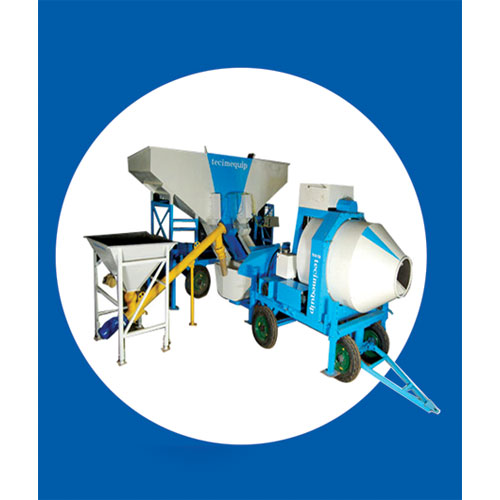
Mobile Batching Plant
Tecimequip Engineering offers a wide range of mobile batching plants.
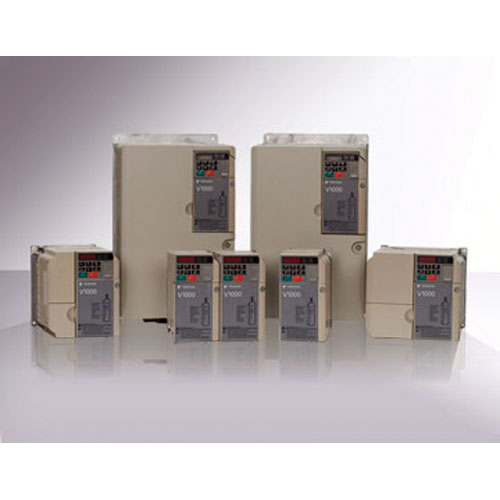
Compact Speed Vector Drives
Confident Automation offers compact speed vector drives.
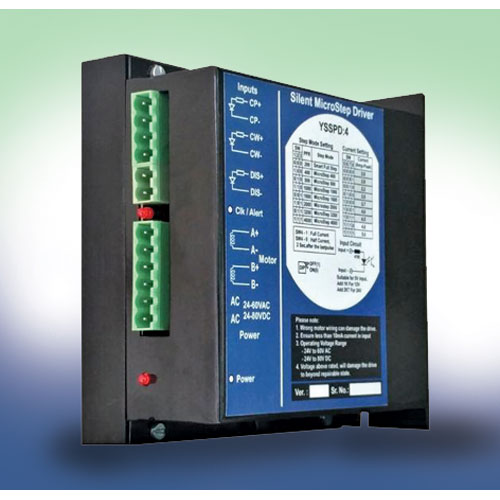
Microstepping Motor Driver
Yugandhar
Systems offers a silent microstepping motor driver – YSSPD 4.






